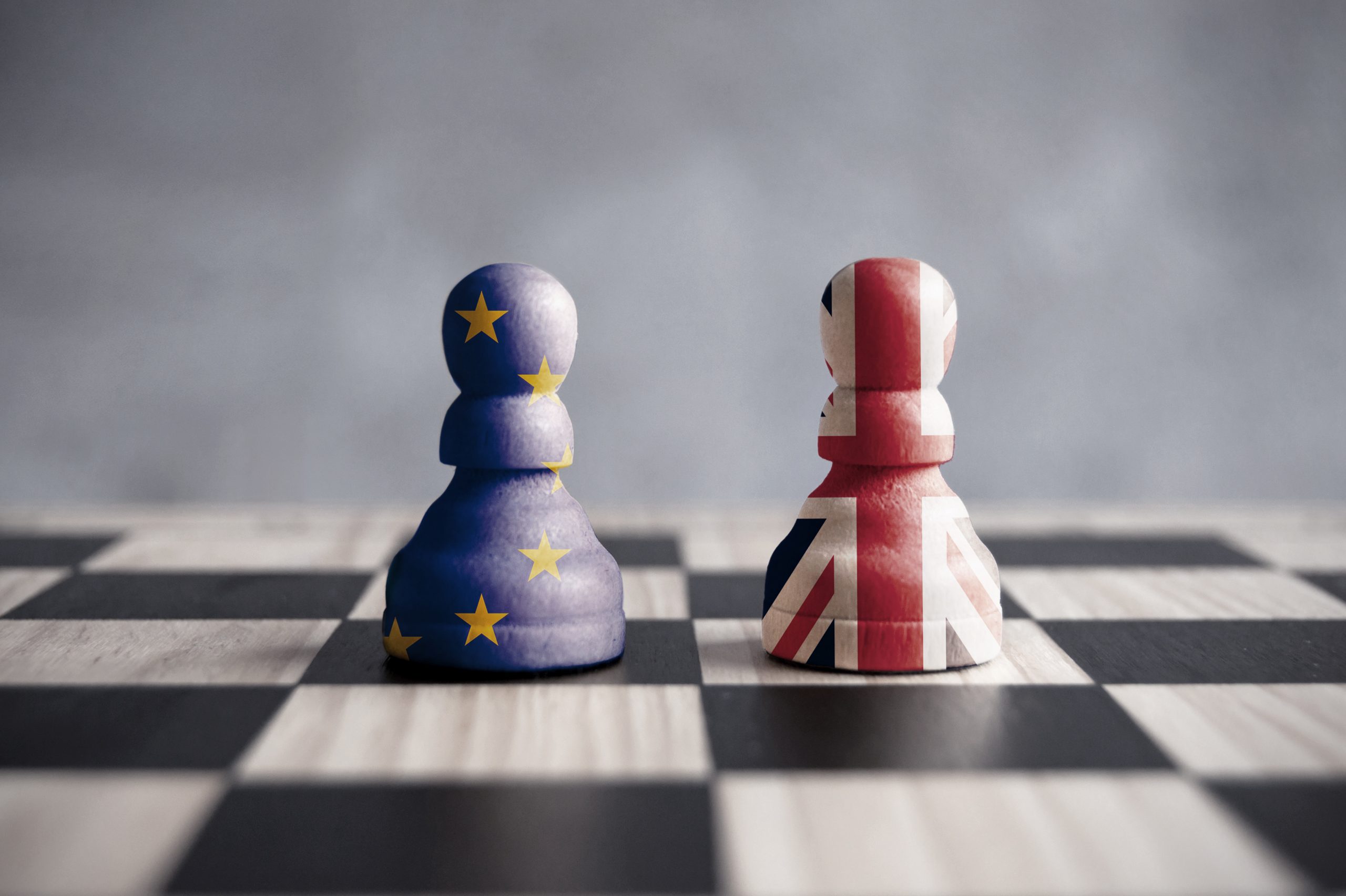Regardless of whether there is a Free Trade Agreement (FTA) in place at the end of the transition period or not, customs obligations are an unavoidable eventuality for UK and EU trade. An FTA is only likely to have an impact on the tariffs imposed on the different types of goods being imported into the UK and vice versa.
In preparing for these procedures and processes, all UK businesses should have applied for and acquire an Economic Operators Registration and Identification (EORI) number. This is an number specific to your business that will enable Her Majesty’s Revenue and Customs (HMRC) to identify who you are as a business. From 1 January 2020, businesses will need an EORI number starting with “GB”. If you do not currently hold a “GB” EORI number, then it is important that you apply for a new one. It is currently estimated that it can take a week to obtain an EORI.
If you are based in Northern Ireland, then you as a business will need an EORI number starting with “XI” in order to (1) move goods between Northern Ireland and non-EU countries, (2) make a declaration in Northern Ireland, and/or (3) get a customs decision in Northern Ireland. Guidance currently states that if you already have an EORI number from an EU country, you do not need an EORI number starting with XI. However, given the unique and unpredictable position of Northern Ireland in the imminent arrangements, you may still need an EORI number starting with GB to use some UK customs systems. In order to acquire an EORI starting with “XI” you (confusingly) need an EORI starting with “GB”.


